|
Creativity, at it's core, drives the ability to think outside the box. another word that comes to mind is innovation, or the ability to come up with original ideas, and to execute them in novel and engaging ways. Creative thinking enables artists and promoters to break free from traditional approaches and experiment with new methods of connecting with audiences. This articl explores ideas around innovation and creativity in the context of promotion strategies to become more engaging and appealing to your target audience Let's explore the idea of authenticity. Now this idea is very context-dependent. I might imagine a sliding scale between authenticity and mystique. on one-hand is genuine self expression, and on the other-hand is a fantasy-world-building aspect. at any point along this spectrum where your art fits, the concept of authenticity can be utilized to establish genuine connections with an audience. Who is your audience? well, That's a topic for another article. Authenticity involves staying true to the identity you're creating. Consider values, and artistic vision, and thematic elements if you're lean towards 'mystique', and characteristics of your personality, likes, and interests if you lean towards 'self-expression'. It's a 'you do you' type of situation here, nobody can tell you you're wrong, but if the concept is integrated into your promotion strategies, it can create a more cohesive experience while allowing you to express yourself in a way that feels authentic and natural. You might find that you and your fans start to resonate on a deeper level and build trust faster and maintain loyalty over time. Effective promotion focuses on connecting with a new audience in meaningful ways, and strengthening the relationship with an existing audience. This involves understanding the desires, interests, and preferences of the target audience and creating experiences that resonate with them. Before you do that, it'd be advised to do some soul-searching. Remember we're talking authentic self-expression here. If it feels unnatural or like you're faking it, pretending to be something you're not, your audience will pick up on it, don't ask me how but they will. You'll know when you start to have that genuine connection with your audience because it will start to feel effortless. Innovation, when related to progress and differentiation means thinking creatively and finding unique ways to stand out from the crowd. Some examples might include an artist who builds a fantasy world by combining unique imagery and thematic elements, or a songwriter who authentically expresses their genuine self in everything they do. In current year, innovation might be heavily tied to technology, artists and promoters can stay ahead of the curve by adapt to changing trends and technologies, and explore new creative ways for reaching and engaging with audiences. Be open to experimentation, take calculated risks, and continuously seek new and creative solutions but remember, it WILL feel right if it's the right approach for you, don't stick with something just to grind through it if you try and it doesn't inspire you. When it's right it will feel natural, effortless, motivating, and exciting. The music industry is ever-evolving, and successful approaches are mindful to be adaptable to changing circumstances. Being adaptable means staying flexible. It's the idea of trying new things, keeping what works, and discarding what doesn't work. To do this, the word responsive comes to mind. Do you have any metrics that you track to tell if something is working? it could be streaming analytics, follower count on a given social media network, email subscribers, responses, comments... any number of things. Adaptability, in the tech/business world might be called being 'agile'. in the face of unexpected challenges or opportunities, adjust strategies, tactics, and messages to meet the evolving needs of your life-situation and the preferences of your audience. A value-Proposition in effective promotion communicates a clear and compelling ask to the audience. Some people feel this is too direct, but it is important. If you have something to give, how are your people going to know it exists if you don't a: tell them it's there, and b: ask them to take a look. Articulate what makes your product, valuable and worth investing time, attention, and resources into and the reasons why can be useful. Remember the idea of authenticity from before? It's important that authenticity comes first. If you've been building a genuine connection, the reasons for your audience to support your value-proposition may not be the product in itself, but instead as a means to show support for you based on the genuine connection itself, which was built on authentic self-expression. it's a circular thing. A strong value proposition resonates with the audience's needs and desires, addresses pain points, and offers tangible benefits or rewards for participating, but these are topics for another day... Collaboration and community can play important roles in authentic self-expression. It can show a side of you that might not be otherwise expressed on your own. How you interact with others, how your influence affects the direction of a song, etc. Building partnerships with other artists, brands, influencers, or organizations can extend reach, amplify messages, and create mutually beneficial opportunities for promotion. Seek collaborations with others in a way that creates a win-win. What do you bring that others need, and what can others bring that you need? Emphasise that and seek harmony while carrying out the project together. Similarly, fostering a sense of community among fans can strengthen loyalty, advocacy, and support for the music and the artist. it works the same way, lets say for example you have a community channel or engage with your fans on social media. How can collaboration with your fans create a win-win? in this hypothetical, you might have a question about a direction you want to move with regards to your content as you shift from one batch of songs into the next. So you post a few samples to test the waters, you ask them if they like this direction for the next project and you reply to their comments to ask what they would like to see? Your audience, since you've built a genuine authentic connection, are happy to give you feedback and tell you that it works or that it doesn't work, giving you the feedback you need so you can continue giving them an experience that they can be excited about. In summary, these principles of originality, authenticity, and self-expression can open up doors to effective strategies that can better help resonate with audiences, drive engagement, and ultimately contribute to the success and longevity of a music career. written by Cody Gene: an independent record producer, helping artists connect the dots and navigate the music industry....
Some Spicy minimalist Rap music with deep cryptic lyricsCody Gene - Sea of the Obscene (Gene Media Productions) DL/Streaming - Youtube Only Dark and Energetic Hip Hop over Smooth Jazz beat exploring deep mysterious themes. Journey into the depths of the mind as Cody Gene's blending elements of his first (and could be only) exploration into hip hop with minimalist jazz undertones. This journey into the dark corners of the mind is bittersweet and dark, yet energetically appealing, drawing listeners into a cryptic narrative describing quirky characters and symbolic references. Gene's lyricism is introspective and provocative, with themes of disillusionment and disconnection from reality drawn from his experiences navigating the online world. He paints vivid imagery of chaos and havok, juxtaposed with clarity, reflection, and a sense of true purpose. The hypnotic groove of the track adds to its serious but weird vibes, Gene draws a strong influence from some lesser-known pioneers in the genre from artists like Buck 65, where the lyricism tells more of a cryptic story than the usual themes from traditional subject-matter in this genre. "To me, This song is telling a story in such a way that allow the listener to create an image in-the-mind while connect the dots in their own way to decipher it's meaning. It might hit you differently than it hit me when i wrote it and that's okay.." Gene's delivery is confident and commanding, pulling listeners into the narrative as he navigates the labyrinth of themes in this tune. Overall, "Sea of the Obscene" is a mesmerizing blend of genres and moods, showcasing Gene's unique style and storytelling prowess. It's a track that demands repeated listens, each time revealing new layers of depth and meaning. If you like this track
|
|
In the ever-evolving landscape of content creation, challenges like idea generation, organization, and audience engagement often hinder productivity.
today's conversation delves into the complexities faced by content creators and marketers. Structured content can lead to more effective use of social media usage, and reduce both your screen-time and your chances of getting burned out trying to stay current. Spreadsheets might sound nerdy, but they are a powerful tool, providing a roadmap to overcome hurdles. Organize your content into "content buckets", Batch generate a bunch of ideas, and time-block them into the template we've generated to improve your productivity. we've structured some of the key details in the document which you can download for free. A well-crafted content strategy can boost your online game and give you tools and/or insight to help you conquer challenges using a purposeful approach." |
|
Techniques to Establish a Seamless Flow in Your Musical Composition
Melodic and Motivic Continuity
Composers often use this technique in Movies. Next time you're watching one, listen to see if you can hear them.
Harmonic Progression
Rhythmic Consistency & Variation
Lyrical Themes
Dynamic Buildups and Releases
Transitional Elements
Instrumentation and Arrangement
Tempo and Meter Changes
Conclusion
What is the optimal way to set levels in a mix?
Definitions
peak signal in audio refers to the highest instantaneous amplitude or level of a waveform. Monitor peak signals to prevent distortion and clipping.
RMS is commonly used to represent the perceived loudness of a continuous audio waveform
i think of it as maybe 2/3 of the peak on average (it depends on the waveform) and can be useful to tell you if your tracks are roughly sitting in the same place.
Setting peak levels
- Set peak levels for individual tracks and the overall mix. no individual track or the master output should 'clip' or exceed the maximum level.
- Maintain headroom to accommodate unexpected peaks and prevent clipping.
- Keep an eye on individual track levels and the overall mix.
- leave enough space between the peaks and the maximum allowable level
Guidelines for the numbers
Always trust your ears!
the following is only a starting point.
every mix is different.
- Set individual track peak levels to average around -6 dB to -3 dB. This allows sufficient headroom and reduces the risk of clipping in the mix.
- Keep the peak level of the master output bus below 0 dB.
- Aim for a peak level that hovers around -3 dB to -1 dB to provide a safety margin and prevent clipping.
- RMS level for the mix bus approx. -14 dB to -10 dB, but this varies based on the genre and stylistic preferences. (this is where compression and limiting become useful)
- Compare your mix levels with professional reference tracks in similar genres.
- meters and visualizers are useful tools, trust your ears for the final judgment.
It's been some time since i've created an entry here. to me, real life is more engaging than the internet. That being said, it might be time to get active on the web again.
I've been following newest Developments in the web3 space. there are some exciting things happening. I see opportunities for artist but the question is...
How do we harness it in an effective way.
Let's talk about NFT's, creators, meme culture and best practices therein. it's the wild-west out there with a learning curve.
consider online spaces where sudo-anonymity reigns, and privacy is always a consideration.
Me? I'm working towards unlocking the potential this space has to offer artists. The potential is there, but how do you make it happen?
If you think you're going to get signed to a record label in 2024 or put your music on spotify for $0.003 per stream while paying the middleman to access the platform, i've got news for you... There's a better way.
Pay attention this year because things move fast. In time the user experience will get smoother but the fundamentals will never change.
Imagine, Create, Work-it, and Have Fun the whole time.
I'm fascinated by what's possible. To me, Life is the story we are writing moment by moment.
& Mastering a 3.5 hour EDM Track
Volume II
Thought I had found a missing piece of the puzzle. interesting... Would have been about this time that we would have just disbanded from #beforeourdayjobskillus and The Way Out because I decided it was more important to pursue freelancing Gene Media Productions.
It was an experience I needed to have
and a lesson I needed to learn.
During that time I learned that Satisfaction doesn't come from a career,
It doesn't come from an external place at all.
it comes from belief, it comes from within.
It's reflected outside once one can see it.
Turns out I had it backward.
Gene Media Productions
Cody Gene: Record Producer
I help independent artists get to the next level. book a free consult and get support.
#
All
12 String Guitar
Acoustic
Acoustic Guitar
Alternative
Arrangement
Artist Discovery
Big Picture
Clipping
Cody Gene
Composition
Digital Audio
Digital Music Marketing
Drums
EQ
Equalizer
Equalizers
Events
Folk
GIMP
Goalsetting
Goal Setting
Graphic Design
Headroom
Images
Independent Artist
Independent Musician
Indie
Irish
Jigs And Reels
Launch Strategy
Levels
Live
Live Performance
Live Stream
Mindset
Mixing
Music Business
Music Industry
Music Marketing
Music Methodology
Music Mindset
Music Production
Online Musician
Open Source
Paulcast
Peaks
Performance
Philosophy
Photo + Text Editing
Planning
Pop
Processes
Productivity
Punk
Recording
Recording Artist
Release Strategy
Results
RMS
Rock
Sessions
Singer Songwriter
Songwriting
Stoicism
Success
Tracking
Videos
Vision
Vocoder
Archives
April 2024
March 2024
February 2024
January 2024
February 2023
April 2022
March 2022
February 2022
December 2020
November 2020
September 2020
August 2020
July 2020
June 2020
May 2020
April 2020
March 2020
February 2020
January 2020
December 2019
November 2019
October 2019
September 2019
August 2019
July 2019
April 2019
March 2019
February 2019
January 2019
October 2018
August 2018
July 2018
April 2018
February 2018
January 2018


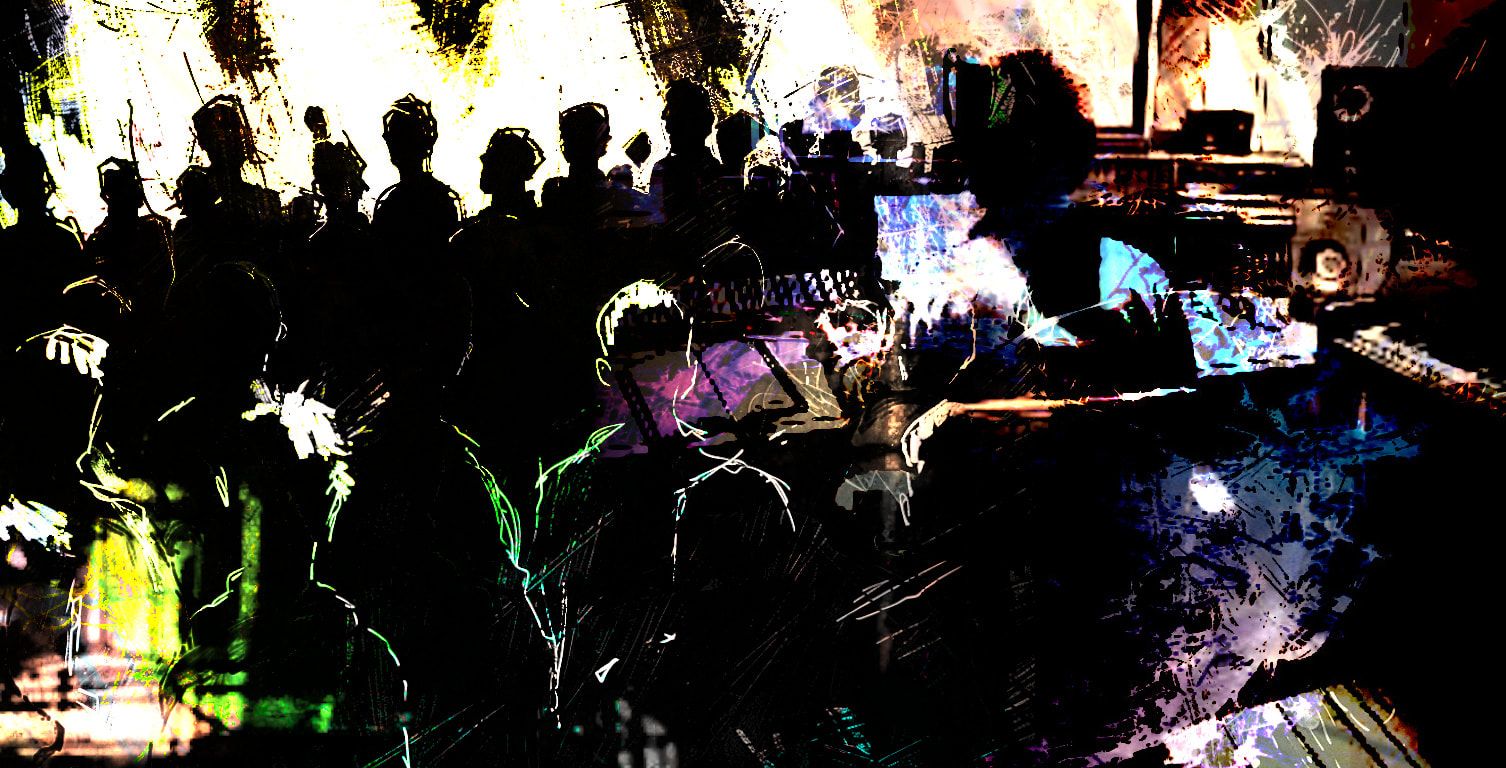
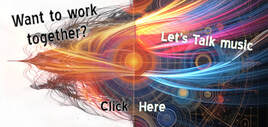
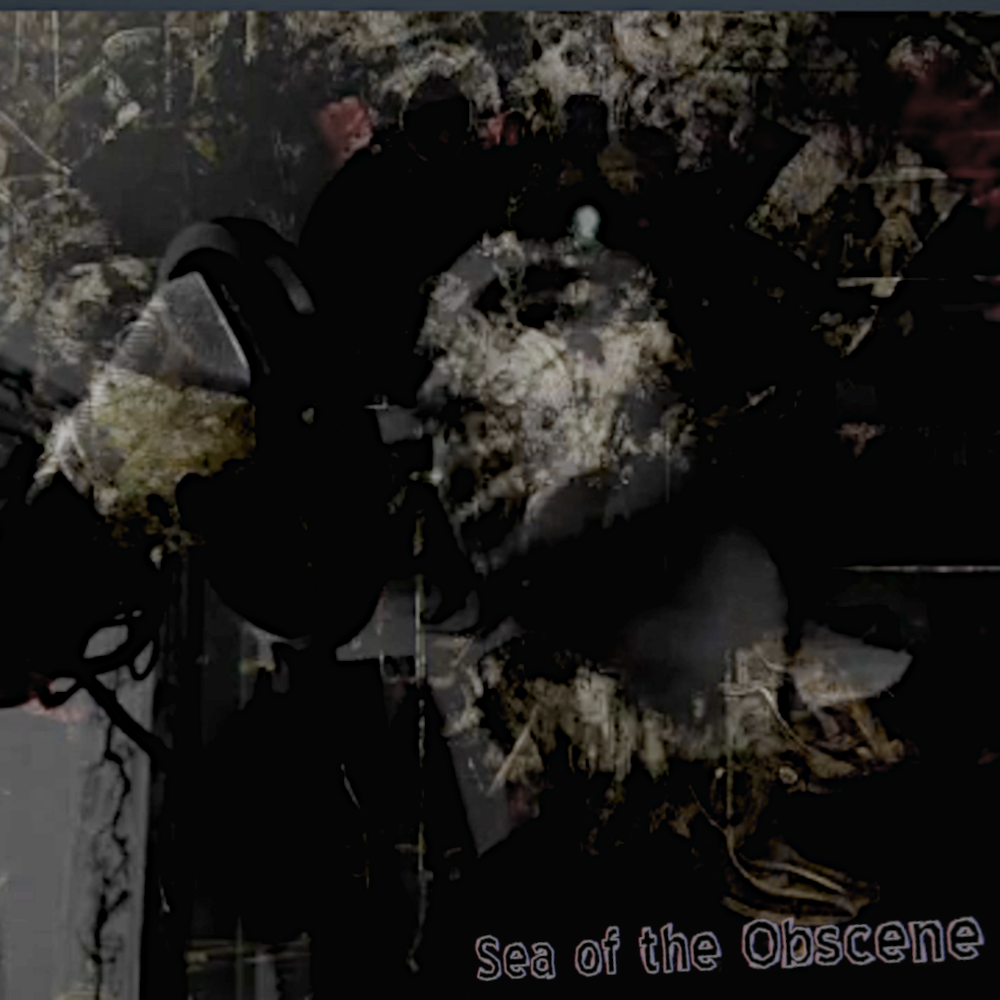







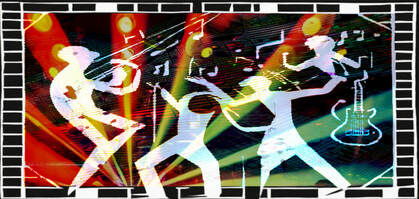

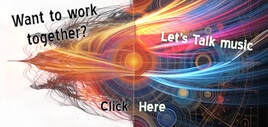

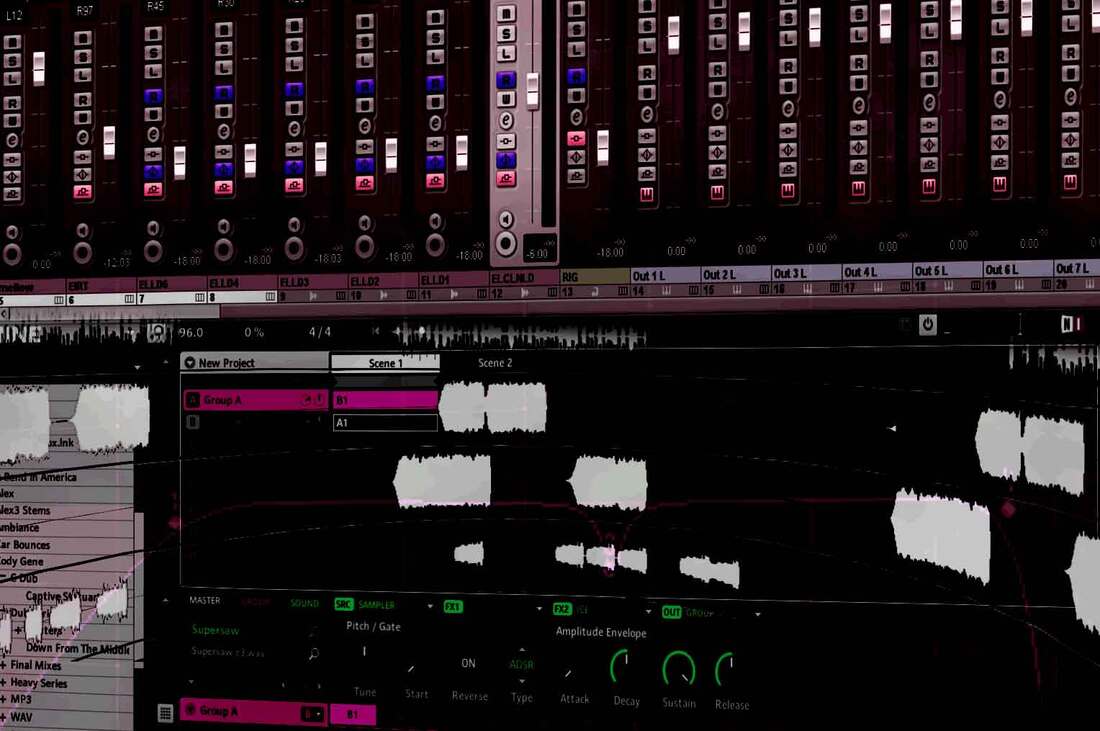

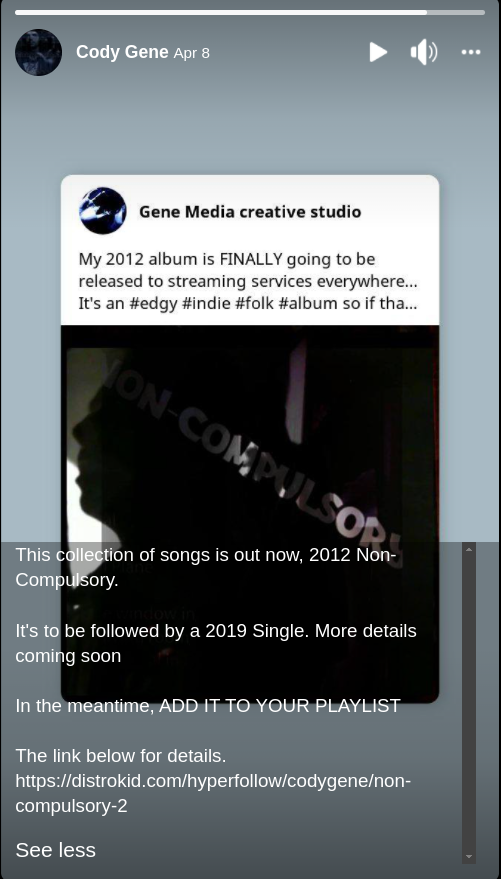
 RSS Feed
RSS Feed
